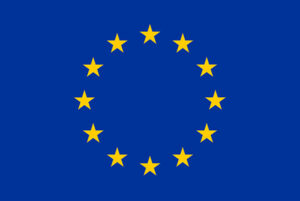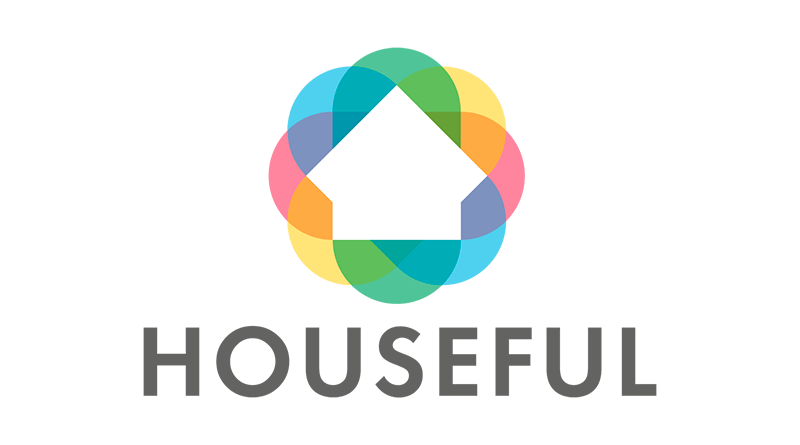Houseful
Setting the example for circular practices in buildings
An EU-backed consortium’s innovative interventions are showing us how to manage water, waste and energy as well as the materials used throughout a building’s life cycle sustainably and efficiently.
Across the EU, 50 % of extracted materials, 40 % of energy and 33 % of available water are used up by the housing sector. What is more, this sector is responsible for 30 % of Europe’s total waste and 35 % of its greenhouse gas emissions, highlighting the urgent need for circular economy practices in buildings. This is what a consortium taking part in the EU-funded HOUSEFUL project set out to achieve. Since the project’s launch in 2018, the HOUSEFUL partners have designed a series of innovative interventions to efficiently and circularly manage energy, materials, waste and water along the entire housing value chain. Their 11 circular solutions are being demonstrated in 4 different buildings in Spain and Austria.
The demo buildings
Three of the four demo buildings chosen to demonstrate the feasibility of circular economy practices are social housing buildings: an 8-storey residential building located in Sabadell, near Barcelona; a building comprising 3 blocks of residential units in Sant Quirze del Vallès, also near Barcelona; and a 54-flat residential building in Vienna. The fourth building is the Cambium Community Center, a former military barrack located in Fehring, Austria.
The building interventions are expected to result in reduced resource use and landfill waste, up to 60 % fewer CO2 emissions and 50 % less non-renewable primary energy consumption. Further goals include the recovery of over 95 % of food waste at home, the recycling of over 90 % of rainwater, grey water and black water, and the production of high-quality biogas and compost.
A look at some achievements
The HOUSEFUL consortium is developing the Interactive SAAS Platform for Circular Services which, as described in a news item posted on ‘Eurasia Review’, has two features: “a tool to quantify the circularity level of residential buildings and an interactive sharing platform to encourage housing sector stakeholders to co-create circular economy business opportunities.” This platform will showcase the interventions demonstrated in the four buildings.
Additionally, two technologies have been installed in the Cambium Community Center. One is a novel wastewater treatment system called vertECO, developed by HOUSEFUL project partner alchemia-nova. The second, developed by consortium member HomeBiogas, is a system that converts kitchen waste into cooking gas and fertiliser.
One of the interventions introduced in the Sabadell demo building involves the installation of corkboard insulation that covers the existing building envelope in order to stabilise the interior temperature. As reported in the ‘Eurasia Review’ news item, HOUSEFUL partner The Catalonia Institute of Construction Technology has calculated that “the manufacture of cork insulation boards consumes 75% less primary energy and reduces by 90% the global warming indicator value compared to the conventional petroleum derivative solution.”
The HOUSEFUL (Innovative circular solutions and services for new business opportunities in the EU housing sector) project results can be replicated in other buildings to maximise the impact of the adopted circular solutions. The project ends in October 2022.
Font: CORDIS

This project has received funding from the European Union’s Horizon 2020 research and Innovation programme under grant agreement N°776708

